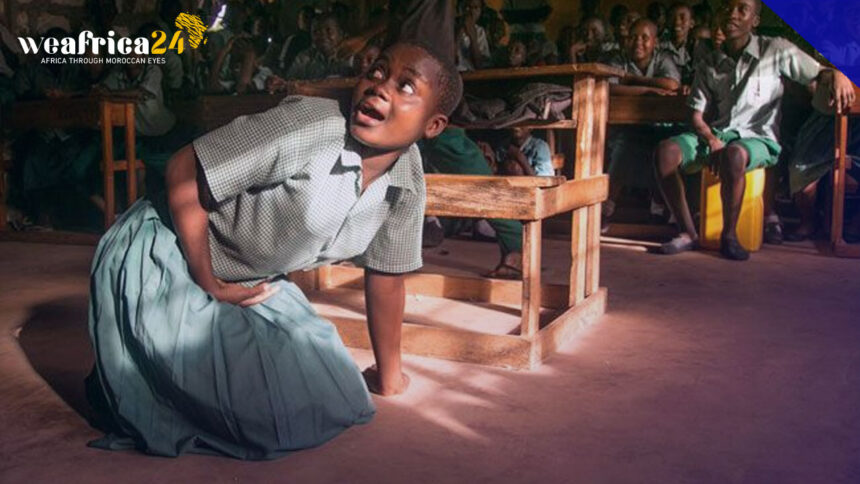Human trafficking is a heinous crime that affects millions of people around the world. In Africa, this problem is particularly acute, with many individuals, especially women, and children, falling prey to traffickers who use them for forced labor or sexual exploitation.
The United Nations Office on Drugs and Crime (UNODC) estimates that about 80 percent of all human trafficking in Africa is for forced labor, while the remaining 20 percent is for sexual exploitation.
Although human trafficking is prevalent throughout the continent, certain countries in Africa are more vulnerable to this problem than others. For example, countries such as Nigeria, Ghana, and South Africa are known to be hotspots for human trafficking.
The reasons why human trafficking is so prevalent in Africa are complex, and there is no one-size-fits-all explanation. In many cases, poverty, unemployment, and lack of education create conditions that make individuals more susceptible to being trafficked. Additionally, political instability, conflict, and weak law enforcement make it easier for traffickers to operate with impunity.
Victims of human trafficking in Africa come from all walks of life, but women and children are particularly vulnerable. Traffickers often prey on those who are marginalized and have little social or economic support. Children are also trafficked for forced labor in mines, farms, and factories, while women are often forced into prostitution.
The impact of human trafficking on individuals and society as a whole is devastating. Victims of trafficking often suffer physical and emotional abuse and are often denied access to medical care, education, and other basic human rights.
Additionally, the loss of productive labor and human potential negatively affects the development of African countries.
Despite efforts by governments, NGOs, and international organizations to combat human trafficking in Africa, the problem persists. More needs to be done to address the root causes of trafficking and to provide support and protection for victims. This includes providing access to education, healthcare, and economic opportunities, as well as strengthening law enforcement and improving the justice system.
In conclusion, human trafficking is a serious problem in Africa that requires urgent attention. It is a complex issue that requires a multi-faceted approach, including addressing poverty, providing education and economic opportunities, strengthening law enforcement, and providing support and protection for victims, Only by working together can we hope to end this scourge and create a safer, more just world for all.







